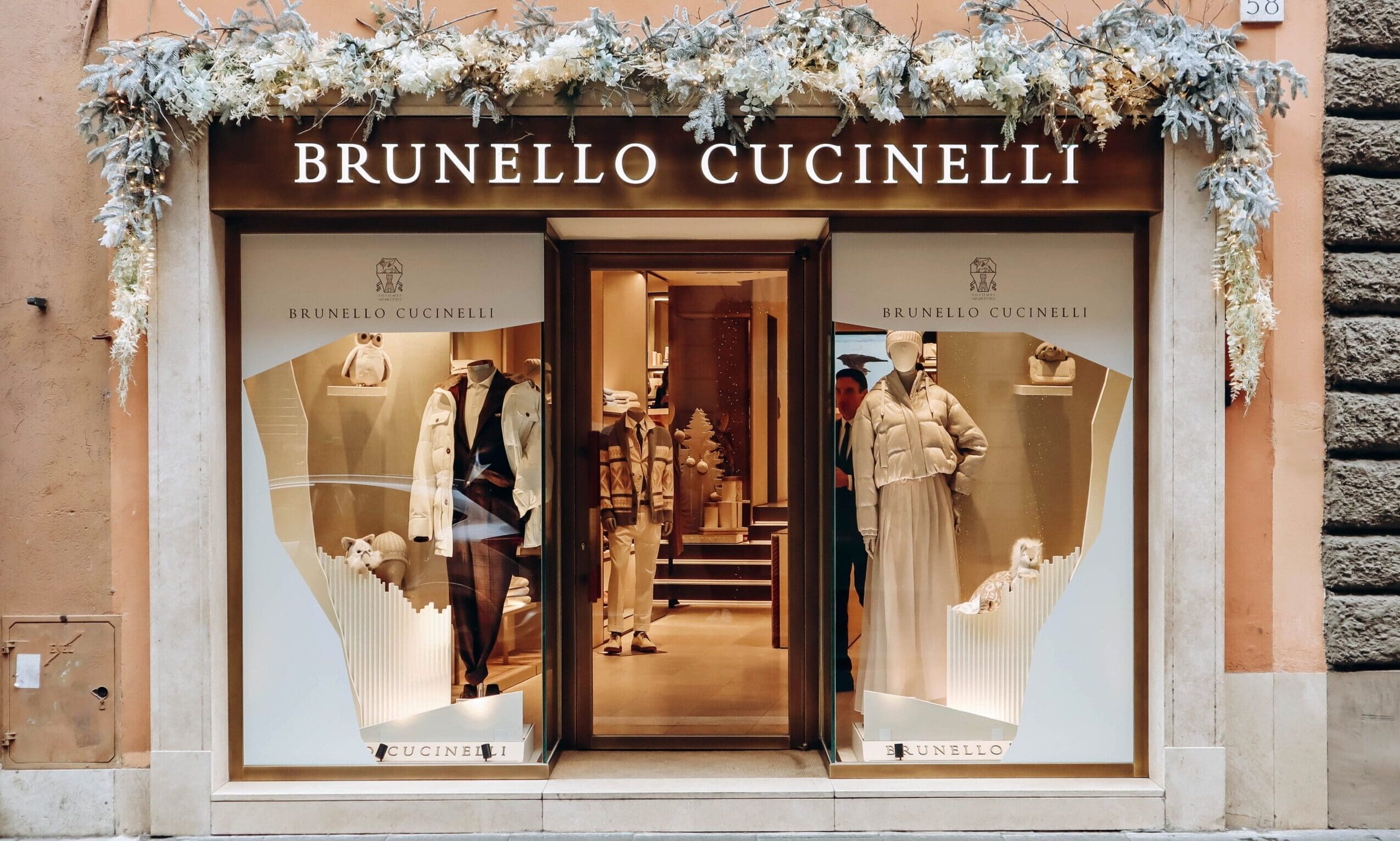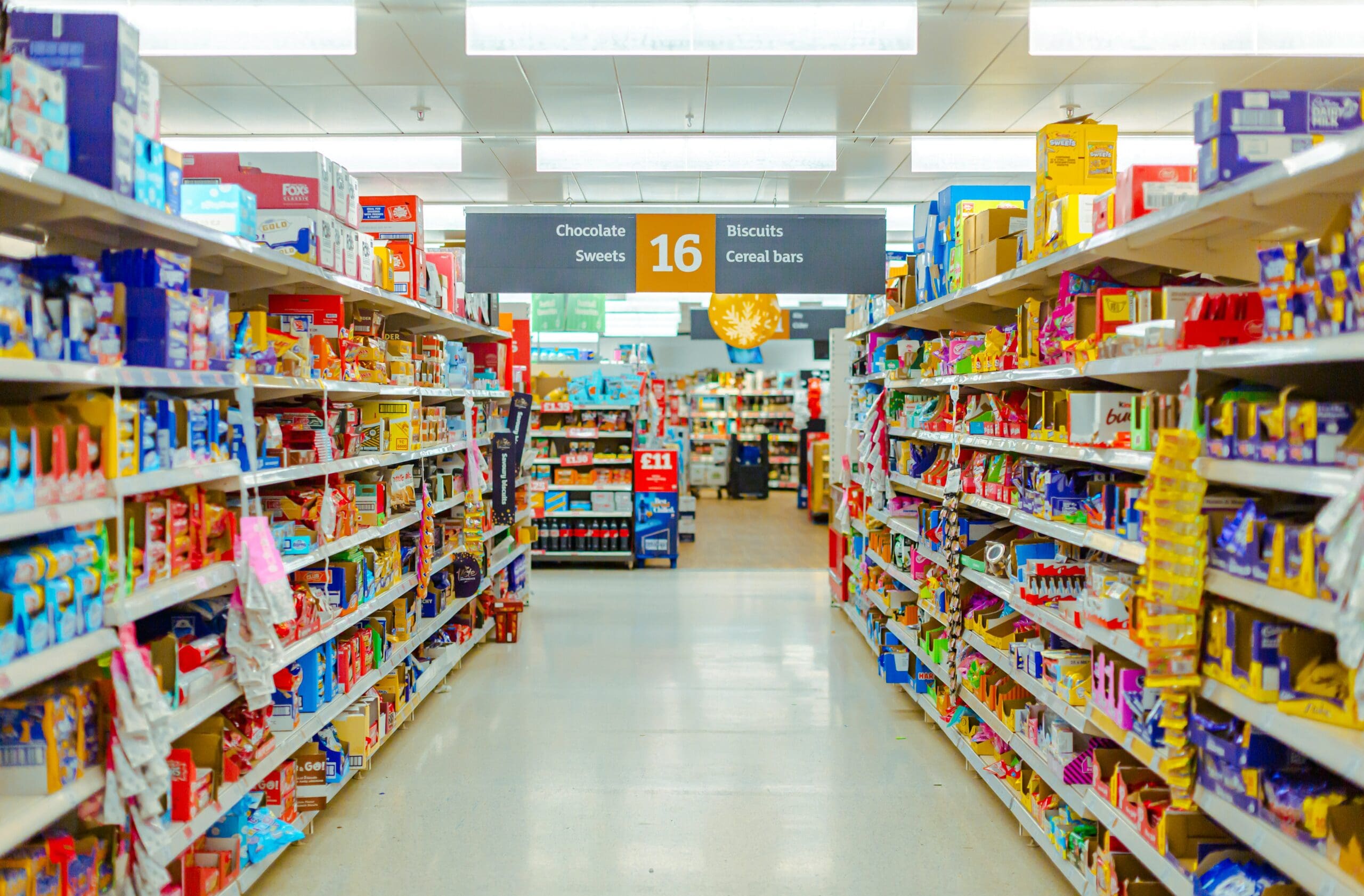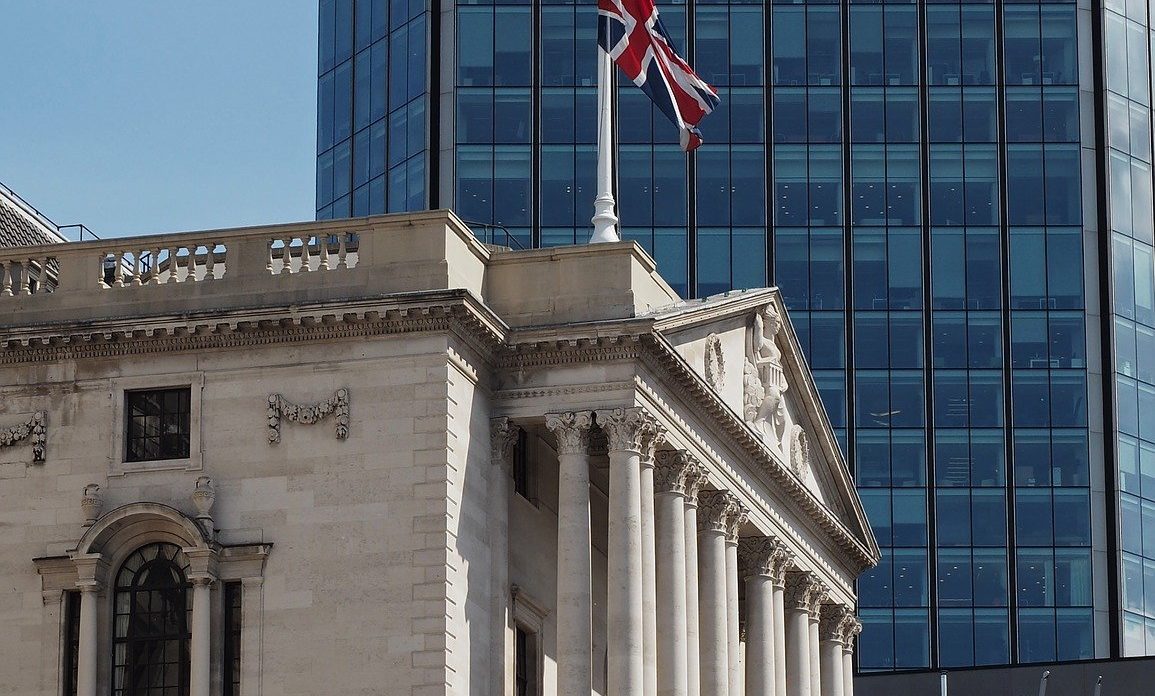Register to get 2 free articles
Reveal the article below by registering for our email newsletter.
Want unlimited access? View Plans
Already have an account? Sign in
Luxury and midmarket retailers across EMEA are recalibrating strategies in response to a cooling post-pandemic retail environment, according to a report from Colliers.
Colliers found that after years of price-led growth, luxury retail is showing signs of fatigue. Brands such as Kering and Chanel reported revenue declines in 2024, while Hermès and Prada stood out for maintaining double-digit growth, aided by pricing discipline and brand strength.
Burberry reported a negative margin in 2024 and is cutting 1,700 jobs globally. Kering is divesting prime real estate in Paris and New York to free up capital, while Capri Holdings sold Versace to Prada for $1.38bn (£1.03bn) in a deal discounted due to tariff concerns.
The introduction of US tariffs has added further complexity. Prior to the EU-US trade deal announced at the end of July, Hermès had suggested it had the capacity to raise US prices. Richemont and Chanel stated they are holding steady to avoid dampening demand.
Pricing strategies of Swiss-based retailers have been thwarted by news on 1 August that the US would increase tariffs on the country to 39%.
Midmarket and budget fashion retailers are also feeling the strain. H&M, Inditex and Primark have all reported slowing growth, with Primark’s UK and Ireland sales down 4% year-on-year in the first half of 2025. Consumer surveys show a 20-point drop in expected apparel spending in Europe over the next six months.
Despite this, some operators remain bullish on the US market. Primark plans to double its US store footprint by 2026, while Inditex is maintaining price stability – though price tracking suggests increases for one of its brands.
EU consumer confidence reached -14.8 in July 2025, with retailer sentiment also subdued. While lower interest rates could support spending, uncertainty around tariffs and inflation continues to weigh on discretionary purchases.
Damian Harrington, head of research, global capital markets and EMEA at Colliers, said: “Luxury retail is entering a new phase. The post-pandemic boom was driven by price inflation rather than volume.
“That model is now under pressure, with aspirational consumers hitting affordability ceilings and global confidence waning in light of new global trade relationships. We are seeing the indirect response to this new world trading order, with tourism spending on luxury products also down to date in 2025.”

















